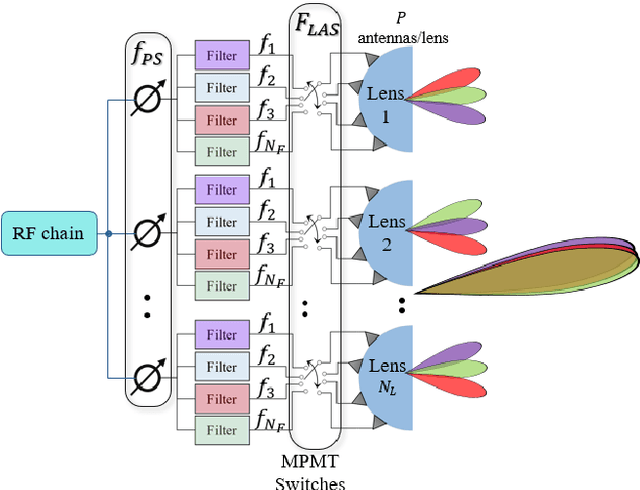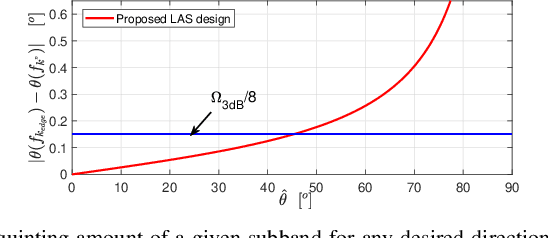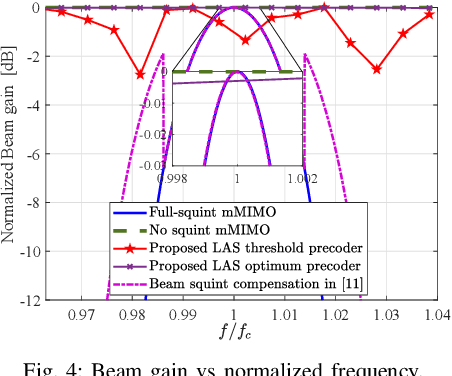Abuu B. Kihero
A Temporal Broadening-Aware Pulse Width Adaptation Scheme for ISI Mitigation and Energy Efficiency in THz Communication
May 01, 2025



Abstract:Terahertz (THz) communication ensures the provision of ultra-high data rates owing to its abundant bandwidth; however, its performance is impeded by complex propagation mechanisms. In particular, molecular absorption induces a temporal broadening effect (TBE), which causes pulse spreading and inter-symbol interference (ISI), especially in ON-OFF keying-based systems. To address this, we propose an adaptive pulse-width transmission scheme that dynamically adjusts pulse durations based on the anticipated TBE. This approach suppresses ISI by confining energy within symbol durations while also exploiting TBE constructively to reduce pulse transmissions in specific bit patterns, leading to improved energy efficiency (EE) as an additional advantage of the proposed scheme. Analytical derivations and simulation results confirm that the proposed scheme substantially improves EE and bit error rate under practical THz channel conditions.
Novel Transceiver Design in Wideband Massive MIMO for Beam Squint Minimization
Jul 11, 2022



Abstract:When using ultra-wideband (UWB) signaling on massive multiple-input multiple-output (mMIMO) systems, the electromagnetic wave at each array element incurs an extra propagation delay comparable to (or larger than) the symbol duration, producing a shift in beam direction known as beam squint. The beam squinting problem degrades the array gain and reduces the system capacity. This letter proposes a novel transceiver design based on lens antenna subarray (LAS) and analog subband filters to compensate for the beam squinting effect. In particular, the proposed design aims to divide the UWB signal into narrowband beams and control them with a simplified exhaustive search-based precoding that is proposed to align the beam angle to the target direction. The design is analyzed in terms of beam gain, complexity, power consumption, and capacity, demonstrating significant performance enhancement with respect to the conventional system with uncompensated beam squinting problem.
 Add to Chrome
Add to Chrome Add to Firefox
Add to Firefox Add to Edge
Add to Edge